
APPENDICITIS
This is one of the most common causes of abdominal pain with children. This condition makes the appendix, the extension of the large intestine, enlarge abnormally which in turn causes pain, and very often the pain is triggered by an infection. Other symptoms of appendicitis include nausea, loss of appetite and fever.
ULCERS
Ulcers can form in both the small and large intestine and can cause a lot of pain and troubles. In layman’s terms, ulcers are pretty much just open wounds on the walls of the intestines and can often trigger internal bleeding, which in turn also causes pain. If ulcers are not treated, they just get worse and worse, as do most other health problems.
URINARY TRACT INFECTIONS
The urinary tract includes ureters, kidneys, urethra and bladder. If any of these becomes infected, a person feels an increased urge to urinate, which is followed by a rather smelly discharge. The pain is most severe while urinating, but it is present throughout the day. Bladder is most commonly the one that is infected.
OVARIAN CYSTS
A cyst is a pouch-like structure that is formed by and consists of bodily fluids. They can form for various reasons and then cause pain and even though they are benign, they are sometimes reason for being alarmed since through certain common tests a difference between benign and malign growth can’t be made.
HERNIA
Pain in the abdominal area that becomes accompanied by a small lump in the same region is usually a sign of hernia, a condition which comes as a result of weak abdominal muscles which lead to protrusion of internal tissues. The most common cause of hernia is lifting heavy weights without taking all necessary precautions.
PREGNANCY
Pain in the bellybutton area during pregnancy is very common and is no reason for being alarmed. It is caused by the abdominal wall near the belly button being very thin, so the fetus applies added pressure to it. After the baby is born, the pain should also stop.
TREATMENT PLANS
All of these causes for pain in the belly button area are fairly common and easily treated. Some will require surgery while others will be solved by antibiotics.




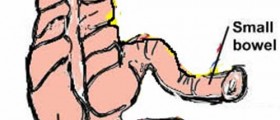
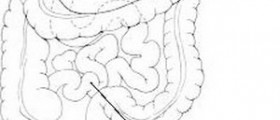
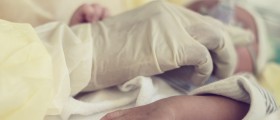




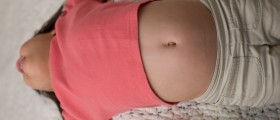
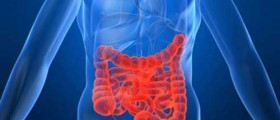
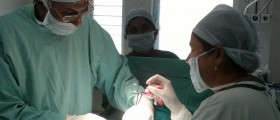

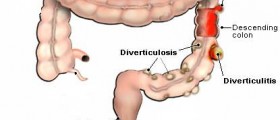

Your thoughts on this
Loading...